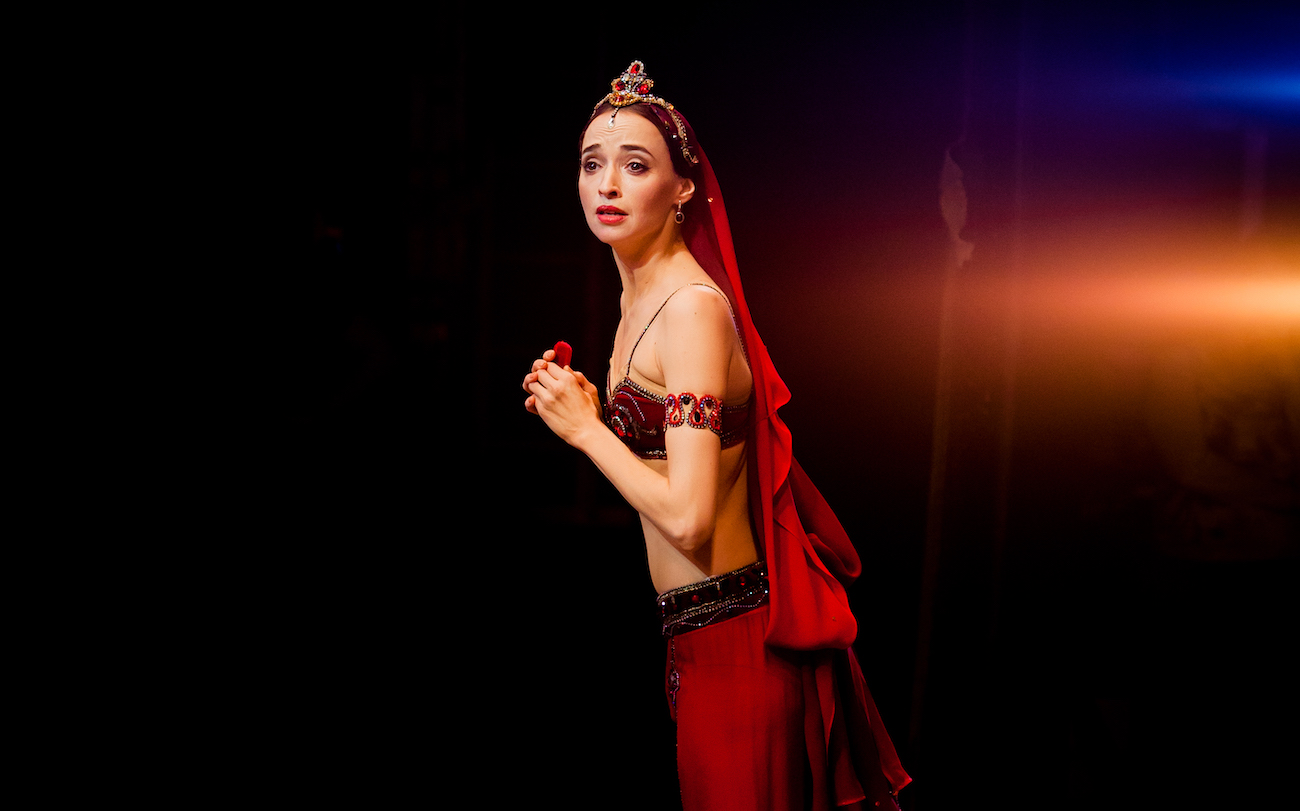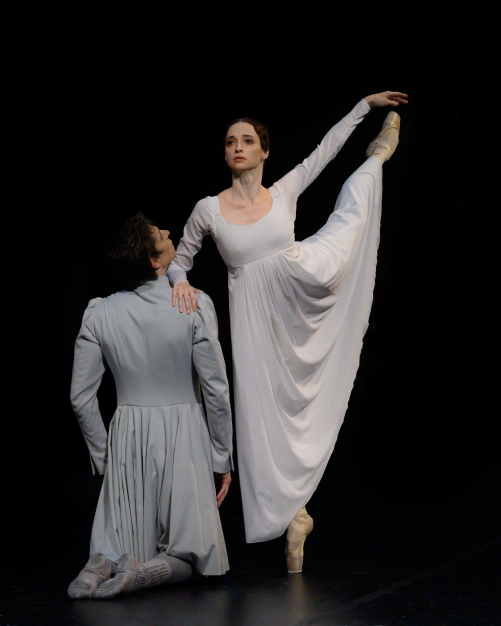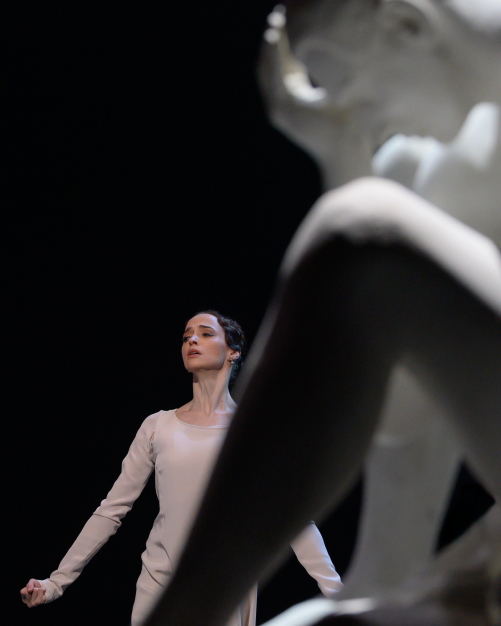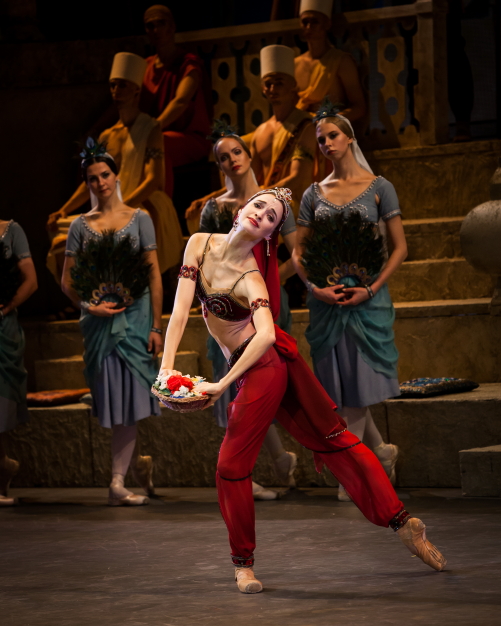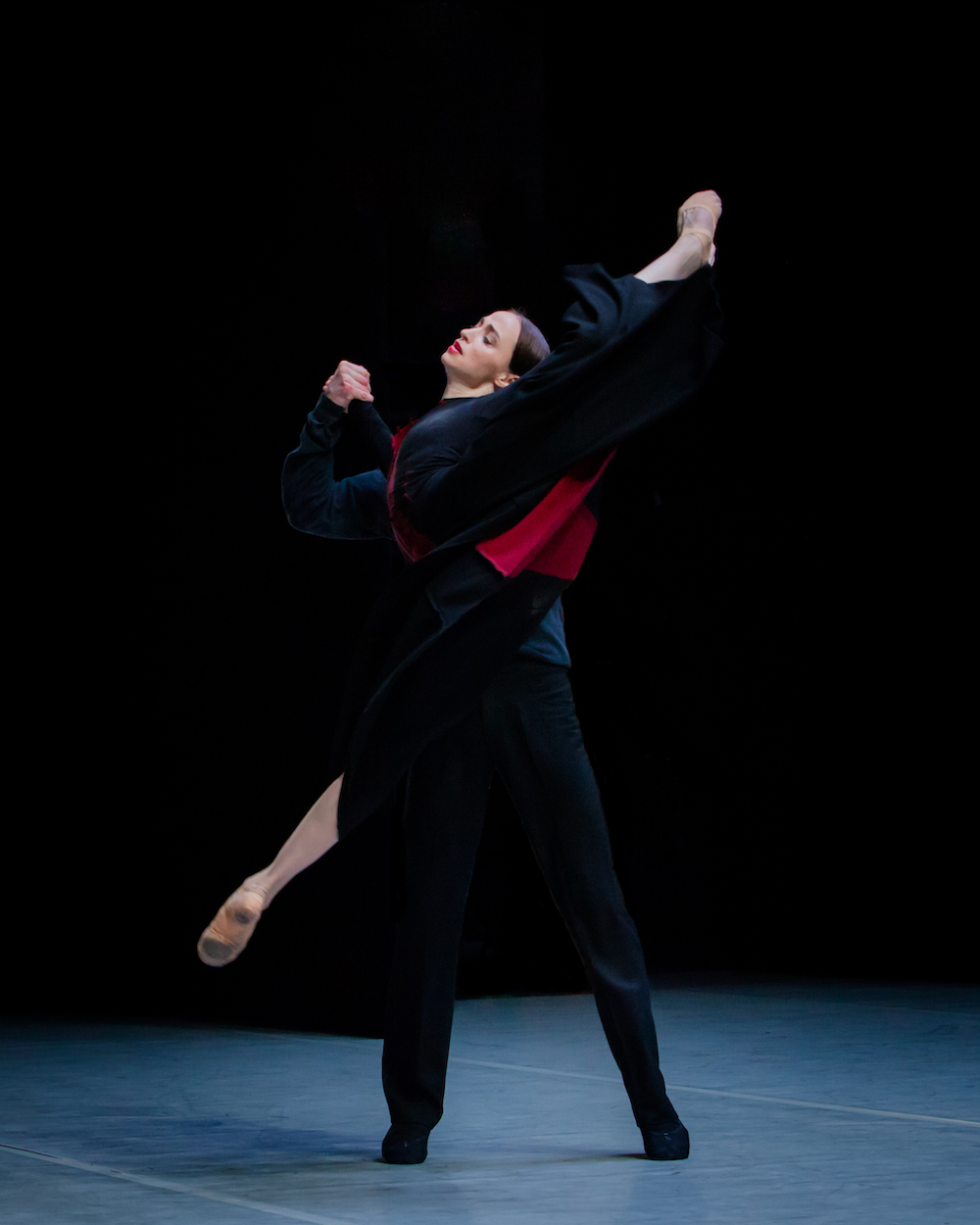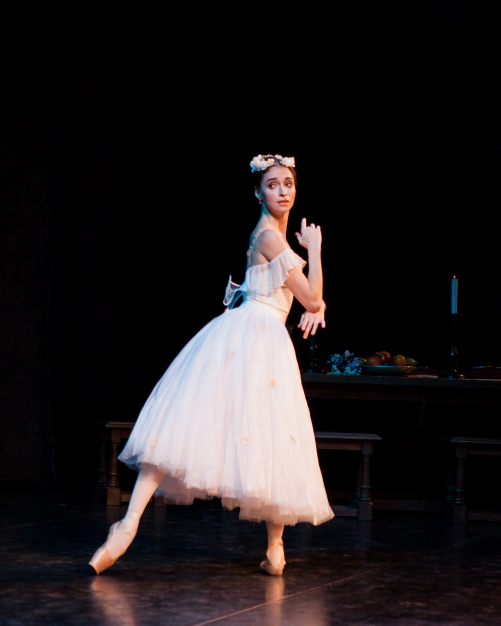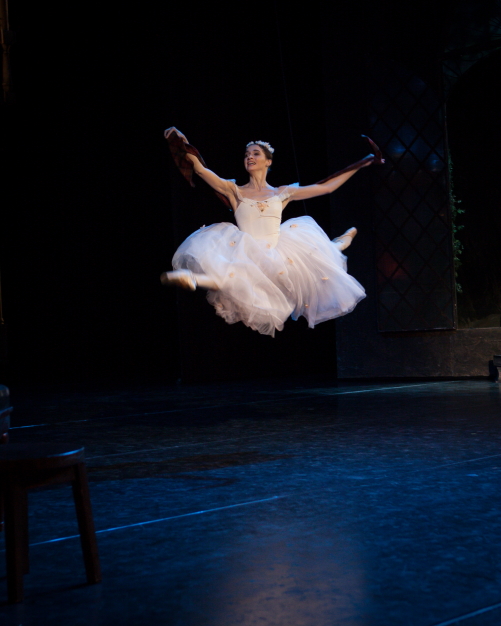5. Tell us about your typical day and the day you perform? Do you have any time for yourself, rest, and recovery?
After I became a soloist, I immediately felt incredible relief. The corps de ballet took a very long time: 2 hours of rehearsal in the morning and 3 hours in the evening. Between these rehearsals, there was always a perfecting of the solo program, as there was always a desire to become a soloist and prove what you are capable of. I am very grateful to have gone through this stage of life, when you work exhaustedly on your parts all day, coming home late at night only to get some sleep. However, it is precisely this moment that determines who can become a soloist and who cannot.
When I became a soloist, corps de ballet rehearsals disappeared, only my solo ones remained, and naturally, my day became much lighter. Although, as a soloist, more other parts are always added to the performance, so it still turns out that I am always busy. Physically it is very difficult, I am very tired, even exhausted. But thanks to the strengthening from the corps de ballet times, it seems much easier to me now.
The easiest one is the performance day, even though it is tremendous emotional and physical work. You can sleep until 12-13, and you do not have to go to morning rehearsals. I can eat well at lunchtime and even allow myself a cake.
As for my hobbies, I can say that I am madly in love with drama theater. However, unfortunately, it is not always possible to buy tickets for the plays, due to my working hours at the theatre. If possible, I visit the Chekhov Moscow Art Theatre and The Mossovet Theatre is also among my favorites.
By the way, I like playing the piano from time to time, as I used to study at a music school. it happens very rarely, but I love music and when there is a spiritual impulse, I sit down at my musical instrument.
6. Ballet is considered to be a very "sacrificial" art, isn't it? Have you ever experienced to sacrifice something for what you love?
Honestly, I wouldn't name such stereotypical postulates that you cannot eat, etc. You have to limit yourself to food, but not while working. During countless rehearsing hours, you are extremely exhausted, so your body needs reinforcement. Of course, you need to control yourself and take care of loads of food you're consuming, but I would not call it a "victim" at all. Frankly, I do not stick to any diet, trying not to eat sweets or limit portions.
But in terms of sacrifice, it has always saddened me that I can't spend much time with my friends, because most of my friends are not from the ballet. I sometimes miss my ordinary life with a full weekend with trips to the country house. The limited schedule deprives me of my freedom a little because I rarely manage to enjoy unlimited meetings with friends in a cafe.
Sure, I sometimes allow myself to relax with my loved ones, unfortunately, not as often as I would like. And all the same, I would not regard this as a sacrifice, since I am madly in love with my work, and I always give myself up to ballet with pleasure.
7. A ballerina needs to be irresistible both on stage and outside it. How do you manage to maintain your beauty? Are there any beauty rituals you could share?
The makeup, which ballerinas wear, is heavy enough - the brightness on stage requires layering and stronghold. Because of it my skin and hair are often overexposed to aggressive fixatives. When I release my hair after a tight hairstyle and wash off the stage image, the feeling is "I am breathing again." The sense is really stressful for the body because you always need to be in good shape and look at one hundred percent, and this requires hard work. For dry skin, hydration is the foundation of my skincare routine. I regularly use moisturizers and nourishing creams for my face, but water saves me the most. Professional dancers lose a lot of moisture during hard training, so I try to make up for this loss by drinking regularly. Sometimes I like to use eye patches when I have free time for myself. But this is more of a ten-minute pleasure, rather than a regular procedure.
Any beauty-ritual requires a systematic approach, and I am not a supporter of such regular care-actions. For me, everything is as simple and natural as possible. I believe that for the beauty of every woman there should be some simple element in care, and for me, water is a source of purification and renewal. The rest of the remedies are just supplements that can change depending on the mood.
8. Why did you like Valdoré products? How did it feel to start using this product?
By nature, I am the owner of thin and brittle hair, and ballet is still exhausting and tormenting it with tight hairstyles, tons of varnish, additional accessories on my head, which must be firmly fixed. We wear such rigid styling for five hours, and after we take them off, the head really "rests" from pins and tension.
I consciously approach hair care, because it is a necessary part of my stage image. Therefore, it is important to me that it looks healthy and well-groomed on and off the stage. It was the Valdoré complex care that gave volume and healthy shine to my hair. Having started using these Swiss products, I immediately began to feel the result: professional cosmetics intensively moisturize and restore my hair, nourishing it from the inside. The collection of shampoo, conditioner, and hair oil really impressed me. I like that Valdoré does not contain aggressive ingredients, as my skin is very sensitive to chemical compounds. Therefore, I was able to fully appreciate the effectiveness of the shampoo and conditioner formula.
It is also very important for me to use the shampoo regularly enough due to intense training. And I appreciate that after washing, my hair remains clean for a long time. In the future, I would like to try the Valdoré Intensive Hair Loss Program.
9. Valdoré's slogan is "Your beauty is our inspiration", and this is not an empty phrase - we draw inspiration from beauty and art. Please tell us what inspires you, where do you get new ideas from?
What inspires me in my work is that I can live multiple lives through my images and characters. The ability to splash out emotionally is an integral part of my life which inspires creativity.
Sometimes I take a walk alone outdoors, to reflect on the character of the hero whom I will dance. I am inspired by the very idea of living a small life every time on stage from a different angle, even if it is the same performance and the same role, but each time I try to add new fresh colours and shades to the spectrum of my hero's emotions. Ballet is an art where everyone has the opportunity to create and feel like an artist on stage.





